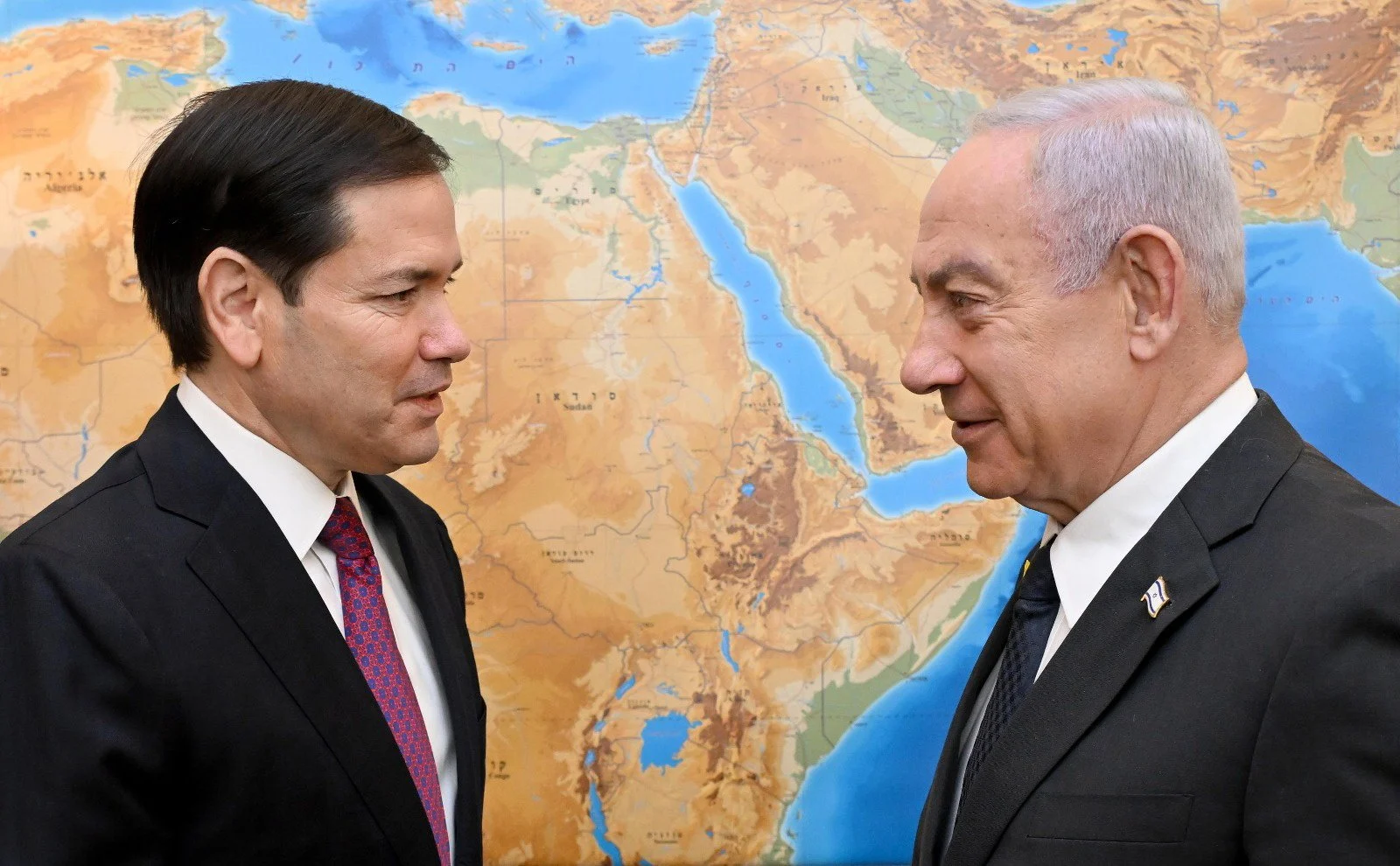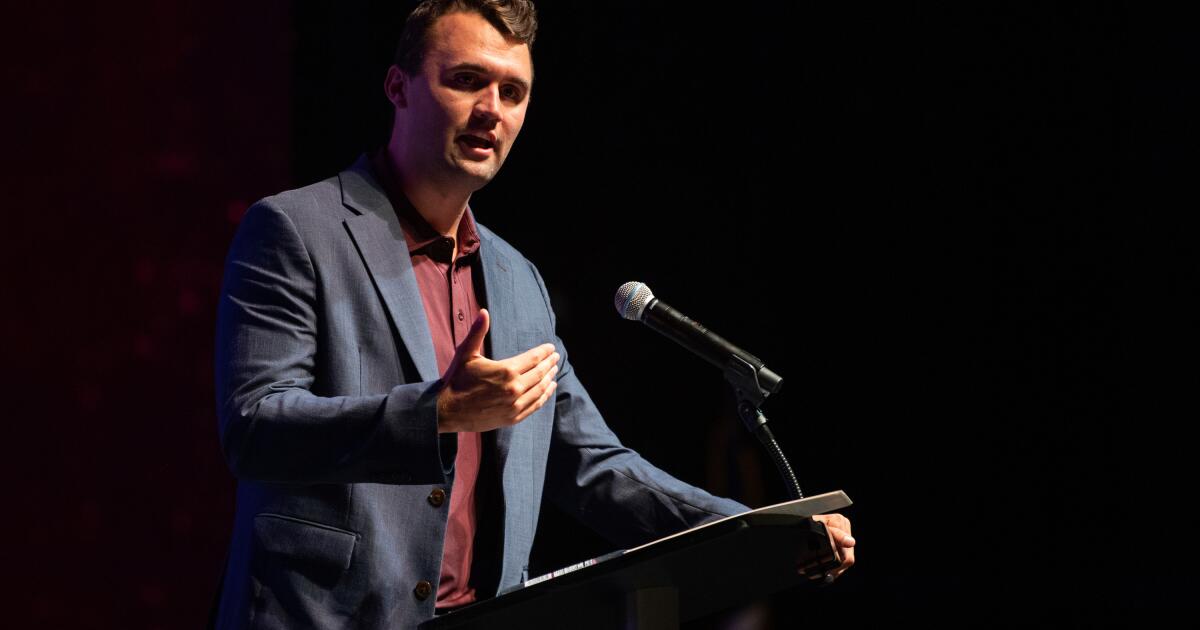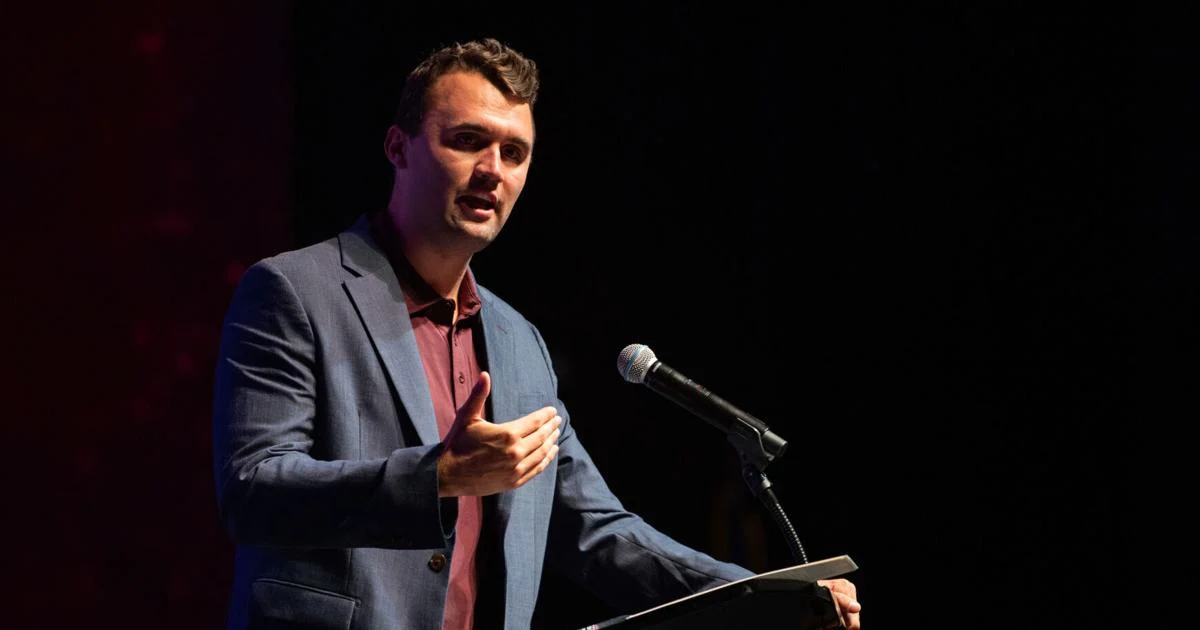By Tom Hussain
Copyright scmp

With European nations poised to symbolically recognise Palestinian statehood, Israel and the United States have ramped up their religious rhetoric, which analysts say is heightening tensions and deepening divisions across the West and Middle East alike.
Meeting in Israel on Monday – while an emergency Arab-Islamic summit convened in Doha in response to Israel’s air strikes on Qatar – Israeli Prime Minister Benjamin Netanyahu and US Secretary of State Marco Rubio both emphasised their nations’ “shared Judeo-Christian values”.
In an interview with the Jerusalem Post published the same day, Netanyahu argued that Israel’s greatest challenges stemmed from “radical Muslim minorities” influencing European policy towards his country, as well as investments made by “hostile countries like Qatar in influencing global discourse”.
Netanyahu claimed that “various entities and countries, led by Qatar” were attempting to impose an economic blockade on Israel, including “a media blockade funded by vast sums of money from Qatar and other countries, such as China”.
His allegations came as the Arab-Islamic summit in Doha issued a communique rejecting what it called “Israeli rhetoric that exploits and promotes Islamophobia in order to justify the continuation of its violations and its pursuit of policies outside international law”.
The statement condemned the “ongoing extermination and settlement projects in the West Bank, as well as attempts to distort the image of Arab and Islamic states”.
As he departed for Doha on Tuesday, Rubio referenced the long-standing mistrust between Sunni-majority states like Saudi Arabia, which is co-chairing next Monday’s pro-Palestinian statehood conference in New York, and Shia-majority Iran.
A nuclear-armed Iran “governed by a radical Shia cleric is an unacceptable risk, not just for Israel and the United States, but for the world”, Rubio said.
Rubio’s invocation of religious identity echoed earlier remarks by Tom Barrack, the US special envoy for Syria and Lebanon, who shocked observers earlier this year by threatening Iran using rhetoric employed by the Umayyad caliphate, the Sunni dynasty that ruled the early Islamic world and repressed Shia opponents.
“I do not apply my sword where my lash suffices, nor my lash where my tongue suffices,” he wrote on social media in June, shortly after taking up his role and just days before the US bombed Iranian nuclear sites.
Dangerous rhetoric
Analysts say the strategic deployment of religious language by Israel and the US reflects an effort to mobilise Western public opinion against the Muslim-majority nations leading diplomatic efforts to isolate Israel for its moves to annex Gaza and the West Bank.
But this rhetoric, of the sort favoured by far-right political movements in both the US and Britain, also risks inflaming both antisemitism and Islamophobia in Western multicultural societies.
These dangers were on full display last week, when far-right commentators in the US accused Israel of orchestrating the assassination of conservative activist Charlie Kirk – an allegation Netanyahu was asked to address during an interview on Friday with the right-wing outlet Newsmax.
According to the Anti-Defamation League, which was founded in the US over a century ago to combat antisemitism, more than 72,000 posts containing the phrase “Israel killed Charlie Kirk” appeared on X, the platform owned by Elon Musk, between September 11-16.
In a subsequent appearance on Fox News, Netanyahu appeared to implicate Muslims in last week’s killing of Kirk, who had often argued that Islamic values were incompatible with those of the West.
“This is a worldwide problem. The people on the, you know, on the extremes, the Islamists, the radical Islamists, and their union with the ultra-progressives,” Netanyahu said.
Israel’s critics “speak about free speech, but they use violence to try to take down their enemies, whether it’s President Trump, who’s been almost assassinated twice, or, you know, they try to kill me here, too … But they got Charlie Kirk, and it’s just heartbreaking.”
Political polarisation
Middle East experts say the war in Gaza is inflaming Western politics in ways that will haunt both Jewish and Muslim communities for years to come.
The conflict had “profoundly shaped Western political discourse”, Dr Andreas Krieg, an associate professor of security studies at King’s College London, told This Week In Asia.
In both the US and Europe, public opinion – especially among younger generations – “is shifting away from the traditional, unconditional support for Israel” as pro-Palestinian demonstrations were met with crackdowns and critics faced “state-led censorship and legal reprisals”, he said.
Western journalists had reported “growing interference from media executives sympathetic to pro-Israel lobbying, further fuelling public scepticism”, Krieg added.
The resulting “backlash with the political establishment” was contributing to “broader political polarisation”, he said, with right-wing populist movements such as MAGA in the US, Reform in the UK and AfD in Germany gaining ground by “exploiting anti-establishment anger, frequently veiled in Islamophobic and antisemitism rhetoric”.
At the same time, progressive movements had become increasingly vocal in their condemnation of Israeli policies, “drawing parallels to historical systems of oppression” like South African apartheid, Krieg said.
Potential repercussions
Israel’s actions “will remain a divisive issue that will be exploited by all sorts of individuals and groups to fan antisemitism and Islamophobia”, according to Barbara Slavin, a distinguished Middle East fellow at the Washington-based Stimson Centre.
US President Donald Trump’s administration had used anti-Israeli protests as a pretext to punish elite universities and other perceived enemies, she said.
“Unfortunately such actions will only increase resentment of Jews, including those who vehemently oppose Israel’s actions,” Slavin said, predicting deepening divides between Israeli and diaspora Jews, and an exodus of secular Jews from Israel as the country became “more fundamentalist and extreme”.
Far-right parties in the West “will not see any distinctions” between liberal and right-wing Jews, she said, adding that they “will use antisemitism as a recruiting tool, as they have historically”.
Giorgio Cafiero, CEO of Washington-based risk consultancy Gulf State Analytics, warned that antisemitic tropes, particularly those alleging undue political influence, were being revived by right-wing elements.
“An unfortunate reality is that Israel’s conduct, combined with how the US government responds to growing domestic criticism of Washington’s support for it, will serve to reinforce ugly and harmful stereotypes about Jewish people,” he said, adding that this raised “legitimate concerns about the potential repercussions for Jewish individuals in the US and across other Western societies”.



